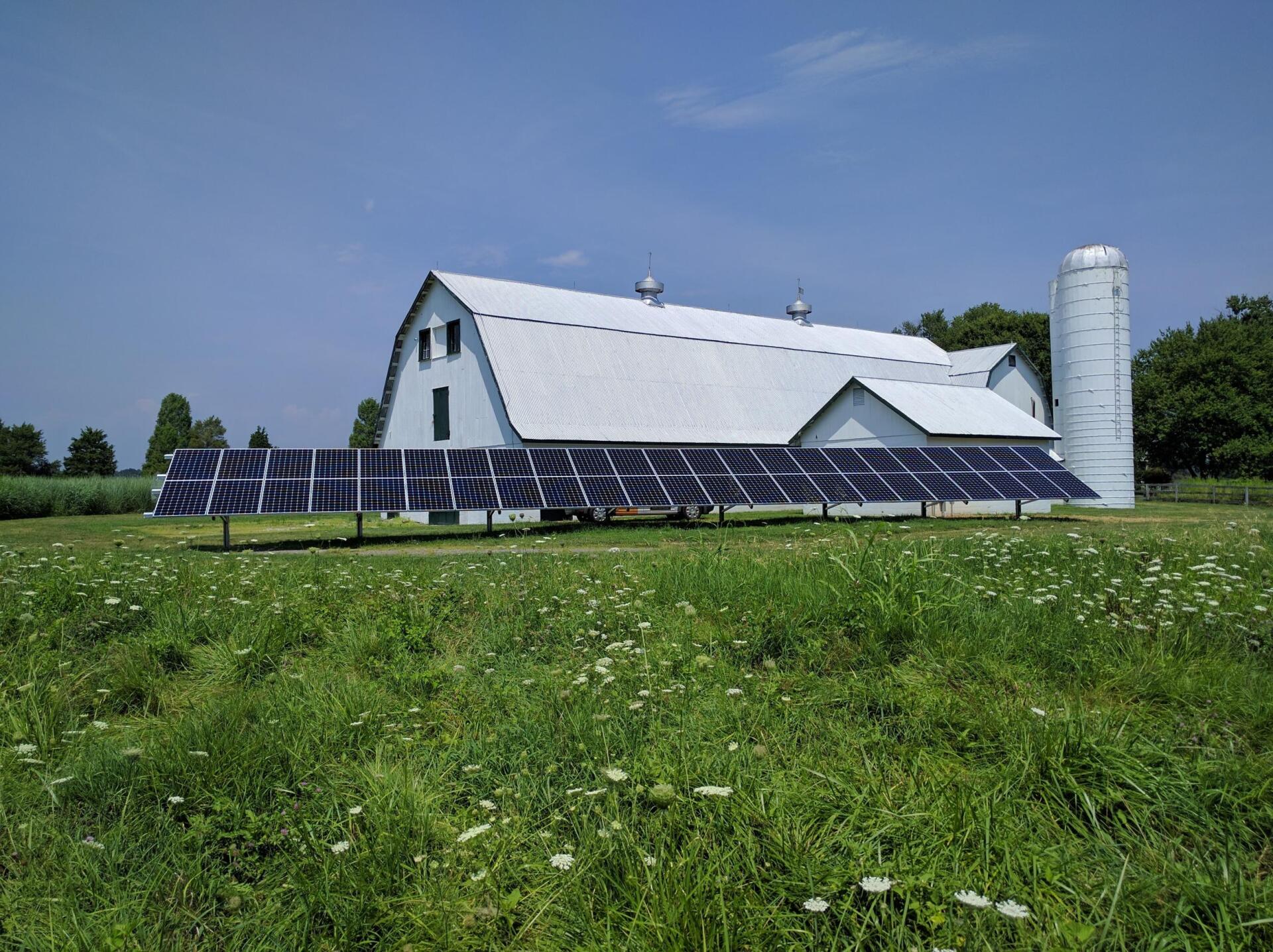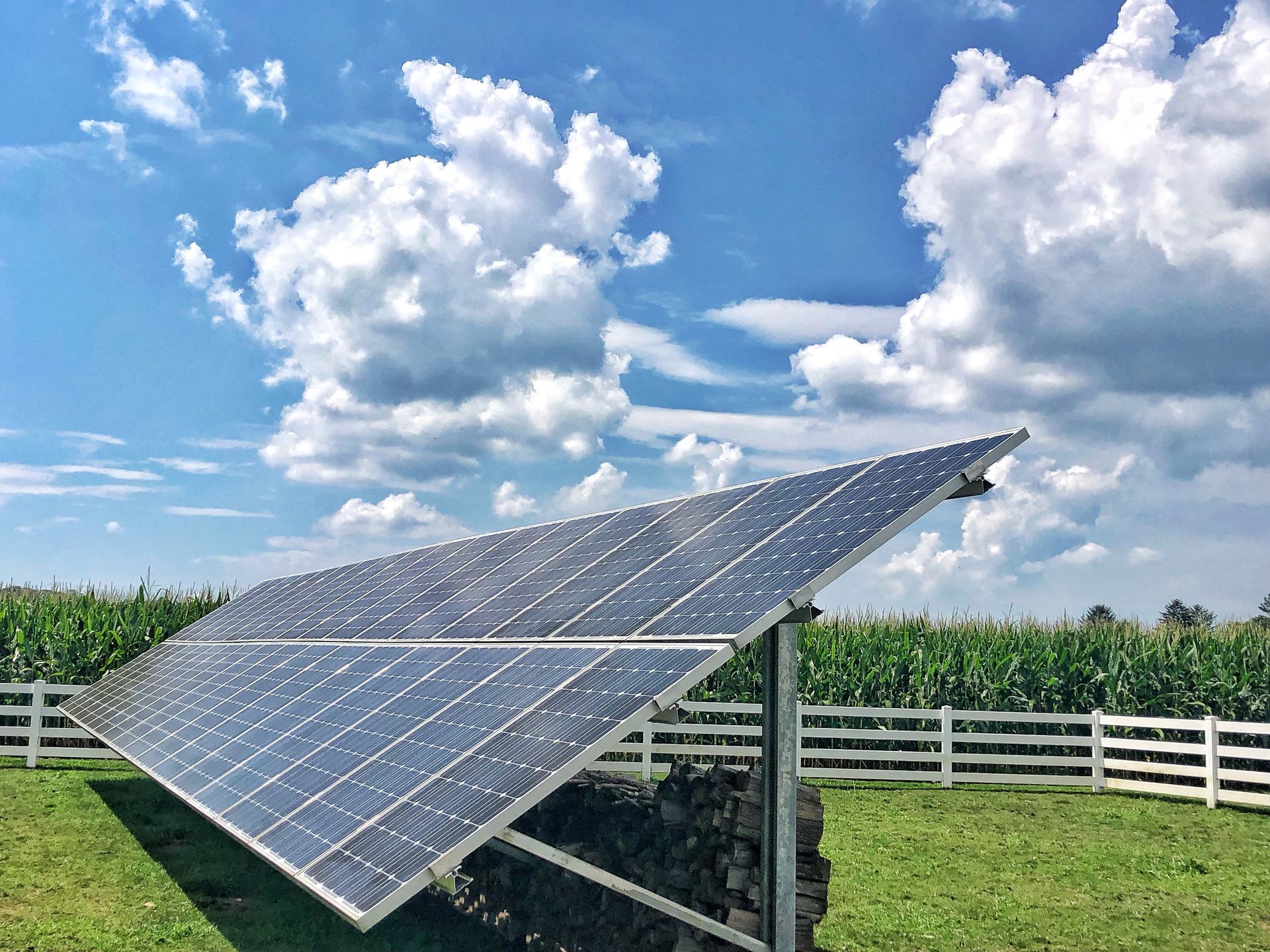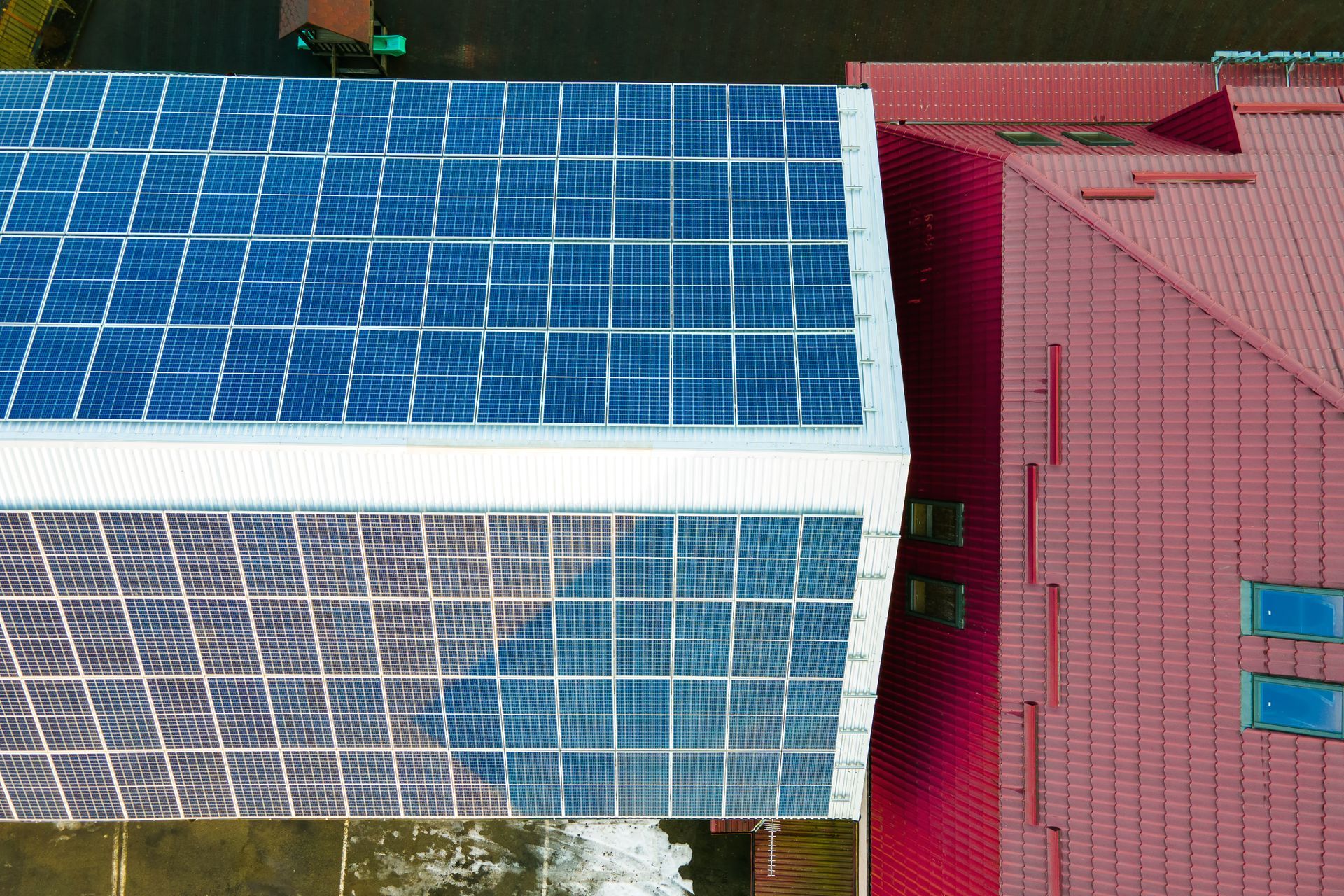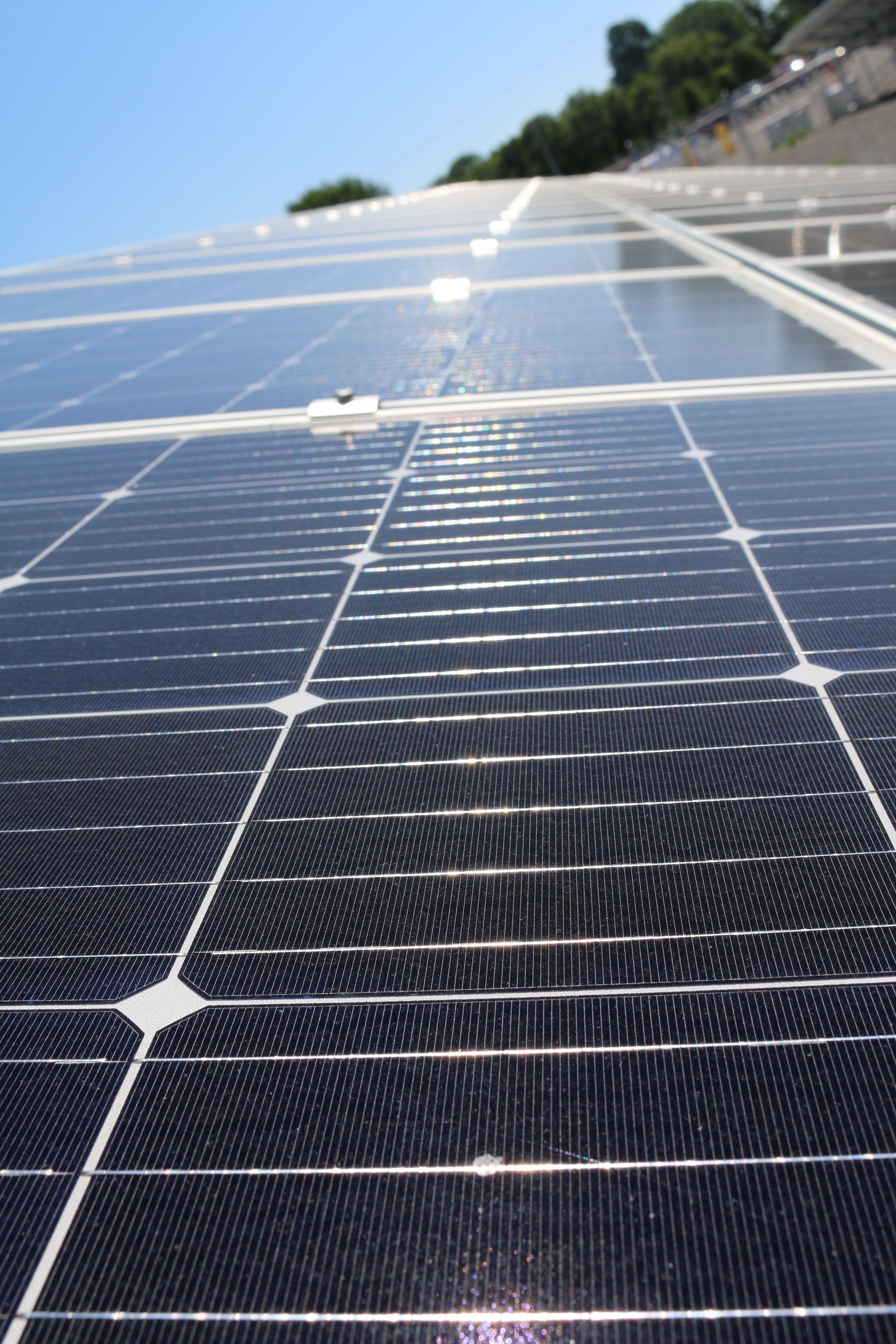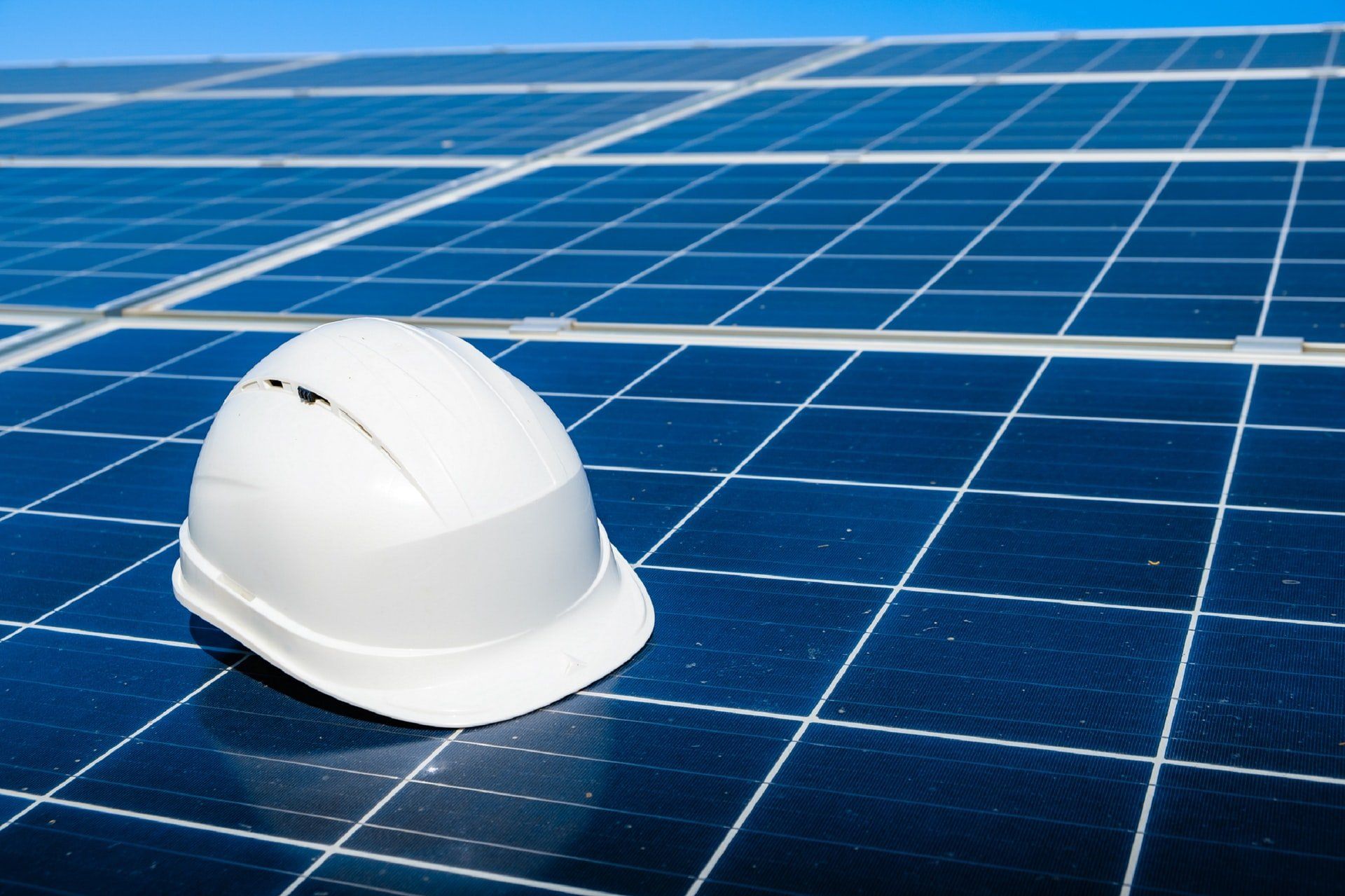Solar Power & Net Metering - What You Need to Know
A common misconception regarding solar panels is that by installing them on your property, you will be “off the grid,” and no longer connected to a municipal power source. While this is possible for someplace like a rural cabin, most residential and business installations remain connected to the grid, using a system known as net metering.
What is Net Metering?
Net metering is a process that allows energy to be shared between your property’s solar panels and the electric grid. During the day, your panels will typically produce more energy than you need to use. The excess energy is sent to the grid, which actually causes your electric meter to run in reverse. At night, when the sun is down and your solar panels no longer produce electricity, the grid sends energy back to your home so you can still have power.
How Does This Affect Your Energy Bills?
Thanks to the excess energy your solar panels produce during the day, you can significantly reduce your monthly bills, and in some cases, earn credits that carry over from month to month. You would only be billed for your net total electricity — the difference between how much energy you used from the grid and how much your solar panels produced. If you generate a lot of electricity during the summer, the credits can be applied to subsequent months to reduce your bills during the winter, when your system produces less energy. A properly designed setup could help you offset nearly 100 percent of your electricity usage.
If you’re interested in the energy-saving benefits of solar power, contact Sunrise Solar. Our team can help you understand how solar energy can lower your utility costs, as well as identify the best configuration to maximize your property’s energy-producing potential. Contact us today to learn more!
